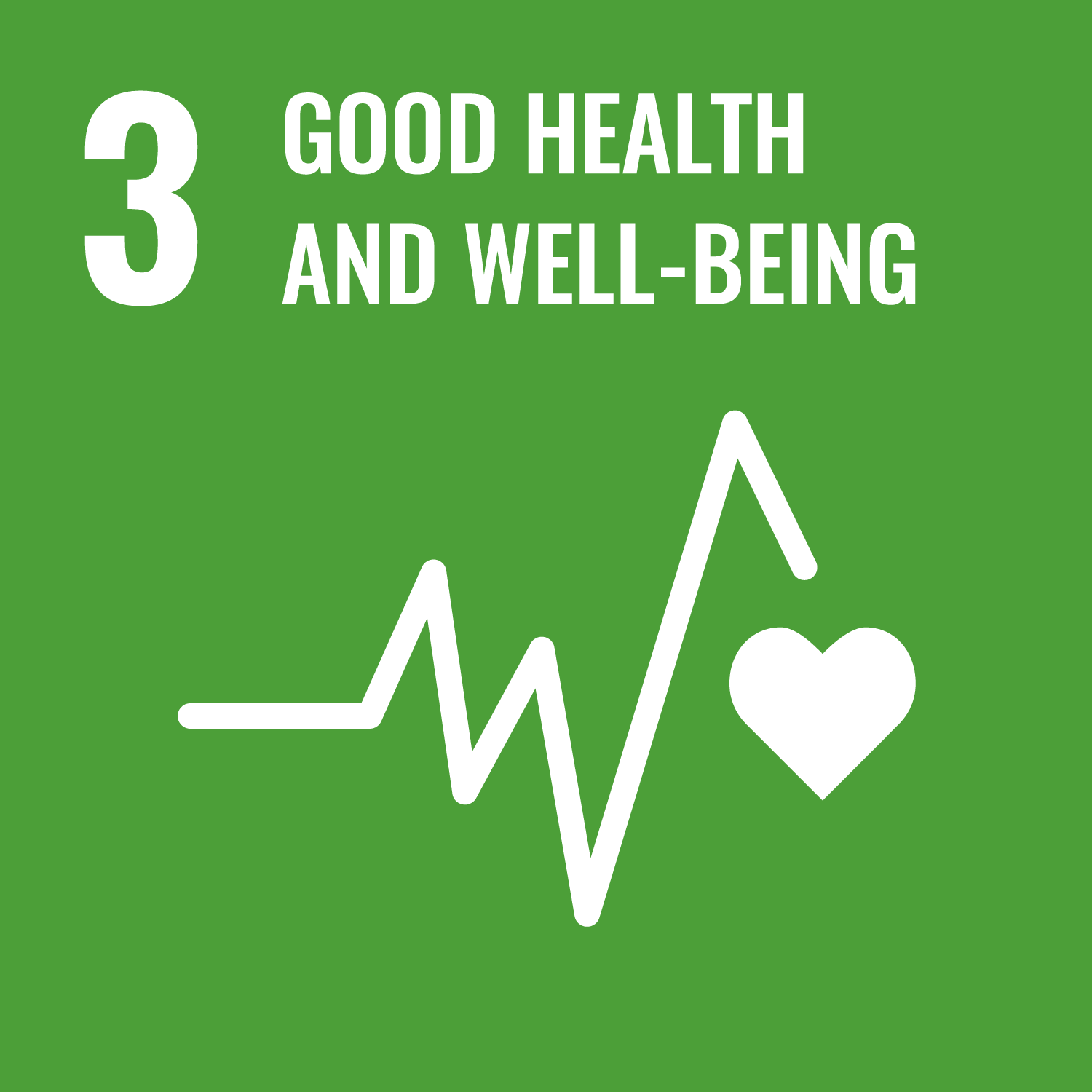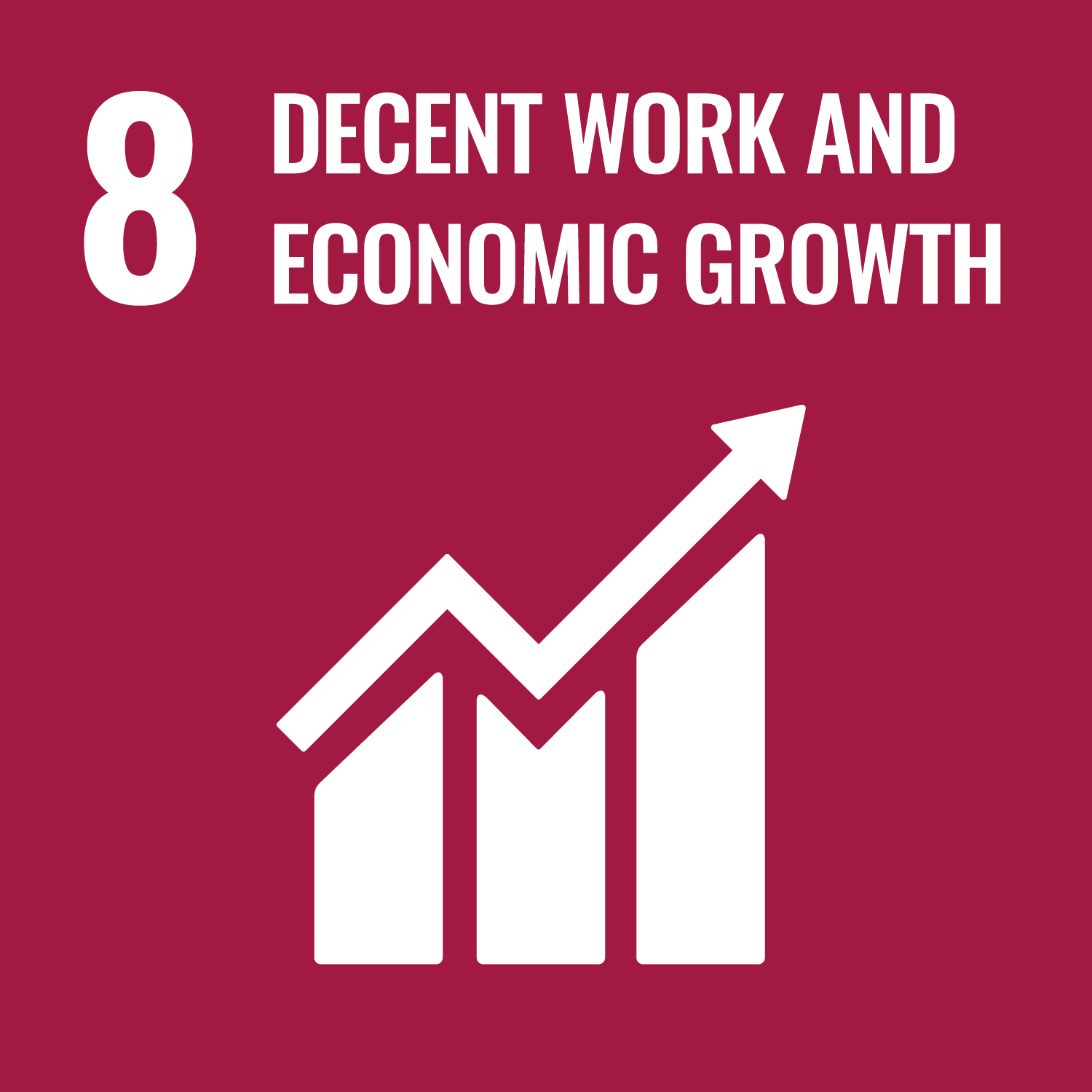This 95-page report is divided into three distinct sections: (1) The Development Framework, (2) Agenda 2030 and the Sustainable Development Goals, and (3) LGBTI Development Priorities. The report begins by providing an introduction to the international development framework, arguing the importance of understanding the framework in order to most effectively use it for LGBTI advocacy. The section then details the characteristics of LGBTI populations and outlines the impact of the exclusion of LGBTI people from the economy. The first section concludes by detailing the current lack of, and critical need for, data collection strategies that account for the sensitivities and needs of local LGBTI populations. The authors acknowledge that the acronym LGBTI may not be appropriate in many non-western contexts and so urge advocates to consider the local context in data collection and advocacy efforts.
In section two the authors argue that despite LGBTI people not specifically being mentioned in the SDGs, the principle of leaving no one behind ensures that LGBTI people can effectively be included in the implementation of national projects addressing the SDGs. The section outlines the distinct roles held by governments, major groups and other stakeholders, the private sector, civil society organisations and UN departments in implementing the SDGs and considers how each sector can include LGBTI people in their initiatives. The authors highlight how the High-Level Political Forums can be a particularly effective tool for the advocacy of LGBTI people.
The third section discusses six LGBTI development priorities: Health, Education, Work and Poverty, Safety, Family Formation and Legal Gender Recognition. Each priority area is discussed in terms of the specific goals for LGBTI inclusion, the main challenges and the advocacy opportunities available in line with the relevant SDGs.
The report concludes by affirming that the SDGs provide an opportunity for the inclusion of LGBTI advocacy initiatives in international development.








